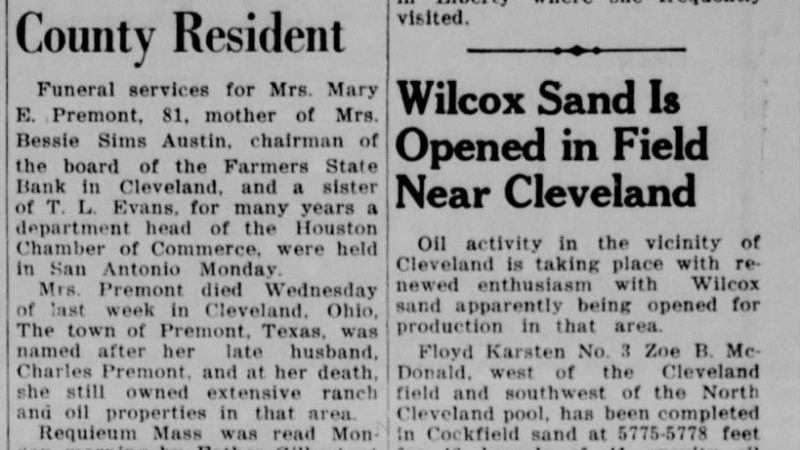Alexandria Drugs

Alexandria, a city synonymous with ancient wisdom, cultural exchange, and scholarly pursuits, holds a unique place in history as a beacon of knowledge and innovation. Among its numerous contributions to civilization, one aspect that often remains overlooked is its profound influence on pharmacology and the development of drugs. From the fabled Library of Alexandria to contemporary research institutions, the legacy of Alexandria in the realm of drugs resonates through time, blending ancient practices with modern scientific advancements.
Ancient Roots:
The story of Alexandria’s involvement with drugs traces back to its foundation by Alexander the Great in 331 BCE. This cosmopolitan hub became a melting pot of diverse cultures, fostering an environment conducive to intellectual exploration. Scholars, physicians, and alchemists congregated in Alexandria, exchanging ideas and translating texts from various traditions. It was within this vibrant milieu that the foundations of pharmacology were laid.
The Library of Alexandria, renowned as a repository of knowledge, housed countless manuscripts on medicinal plants, therapeutic techniques, and pharmacological formulations. Scholars like Dioscorides and Galen made significant contributions to pharmacopeia, documenting herbal remedies and medical practices that would shape the course of pharmaceutical science.
Herbal Medicine and Alchemy:
Herbal medicine flourished in ancient Alexandria, with practitioners harnessing the healing properties of plants for therapeutic purposes. The Ebers Papyrus, an ancient Egyptian medical text dating back to 1550 BCE, contains references to numerous medicinal plants used in treating various ailments. Alexandria served as a nexus where these traditional remedies intersected with the burgeoning field of alchemy.
Alchemy, with its quest to transmute base metals into gold and discover the elixir of life, encompassed aspects of pharmacology. Alchemists in Alexandria experimented with distillation, extraction, and purification techniques, laying the groundwork for modern pharmaceutical processes. While their endeavors may have been shrouded in mysticism, alchemical practices contributed to the refinement of drug formulations and the development of novel compounds.
Hellenistic Influence:
The Hellenistic period witnessed a synthesis of Greek, Egyptian, and Eastern medicinal traditions in Alexandria. The works of physicians such as Hippocrates and Aristotle, along with the indigenous knowledge of Egyptian healers, converged to enrich the pharmacological repertoire of the city. The renowned physician Herophilus conducted anatomical studies and dissected human cadavers, advancing understanding of the human body and its ailments.
During this era, Alexandria emerged as a center for medical education, attracting students and scholars from across the Mediterranean world. The School of Alexandria, with its emphasis on empirical observation and rational inquiry, laid the groundwork for evidence-based medicine. Pharmacists and apothecaries played a vital role in compounding remedies and dispensing medications, serving the healthcare needs of the populace.
Islamic Golden Age:
The intellectual legacy of Alexandria endured through the Islamic Golden Age, as Muslim scholars preserved and expanded upon the works of antiquity. The House of Wisdom in Baghdad served as a hub for translation and scholarship, facilitating the dissemination of Greek, Persian, and Indian knowledge to the Islamic world. Arab physicians such as Ibn Sina (Avicenna) and Ibn al-Baitar made significant contributions to pharmacology, cataloging medicinal plants and refining pharmaceutical preparations.
The advent of Islamic medicine witnessed the establishment of pharmacies and hospitals, where pharmacists compounded drugs and provided healthcare services to patients. The Canon of Medicine by Ibn Sina, a comprehensive medical encyclopedia, became a seminal text in the study of pharmacology and therapeutics. Alexandria’s influence persisted as Arabic translations of Greek texts circulated throughout the Muslim world, enriching pharmacological knowledge and practice.
Renaissance and Enlightenment:
The rediscovery of ancient texts during the Renaissance reignited interest in Alexandrian pharmacology, prompting scholars to revisit classical works and explore the roots of medical science. The advent of printing facilitated the dissemination of knowledge, enabling pharmacists and physicians to access a wealth of information on drugs and their properties.
During the Enlightenment, the scientific revolution ushered in an era of empirical inquiry and rationalism, laying the groundwork for modern pharmacology. Scholars like Paracelsus revolutionized the field with their emphasis on experimentation and observation, challenging traditional beliefs and superstitions surrounding drugs. The development of analytical techniques such as chromatography and spectroscopy enabled scientists to identify and characterize pharmacologically active compounds with unprecedented precision.
Modern Innovations:
In the contemporary era, Alexandria continues to be a locus of pharmaceutical research and innovation. Modern drug discovery draws upon diverse disciplines, including chemistry, biology, and computer science, to identify potential therapeutic agents and develop novel treatments for a myriad of diseases. Pharmaceutical companies collaborate with academic institutions and research organizations to translate scientific insights into clinically effective medications.
Advancements in biotechnology, genomics, and personalized medicine are reshaping the landscape of drug development, heralding a new era of precision pharmacotherapy. Targeted therapies, immunotherapies, and gene editing technologies offer promising avenues for treating cancer, genetic disorders, and autoimmune conditions. Alexandria’s rich legacy of inquiry and discovery serves as an inspiration for contemporary scientists as they navigate the complexities of drug development and therapeutic intervention.
Conclusion:
The story of Alexandria drugs is a testament to the enduring quest for knowledge and the transformative power of scientific inquiry. From ancient herbal remedies to cutting-edge biopharmaceuticals, the evolution of pharmacology reflects humanity’s ceaseless pursuit of better health and well-being. As we stand on the shoulders of giants, let us continue to honor the legacy of Alexandria by pushing the boundaries of scientific discovery and harnessing the potential of drugs to heal, alleviate suffering, and enhance lives.





